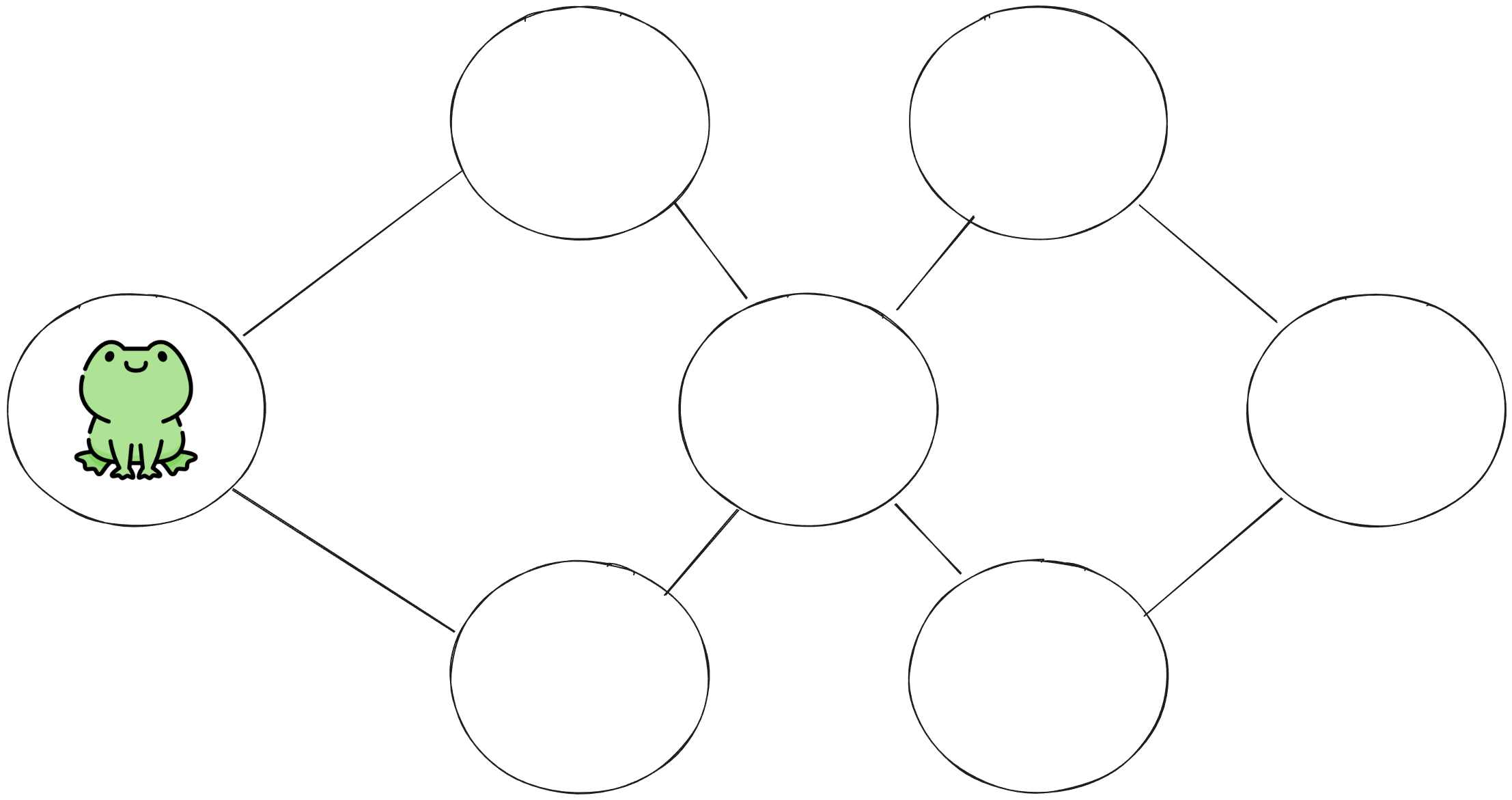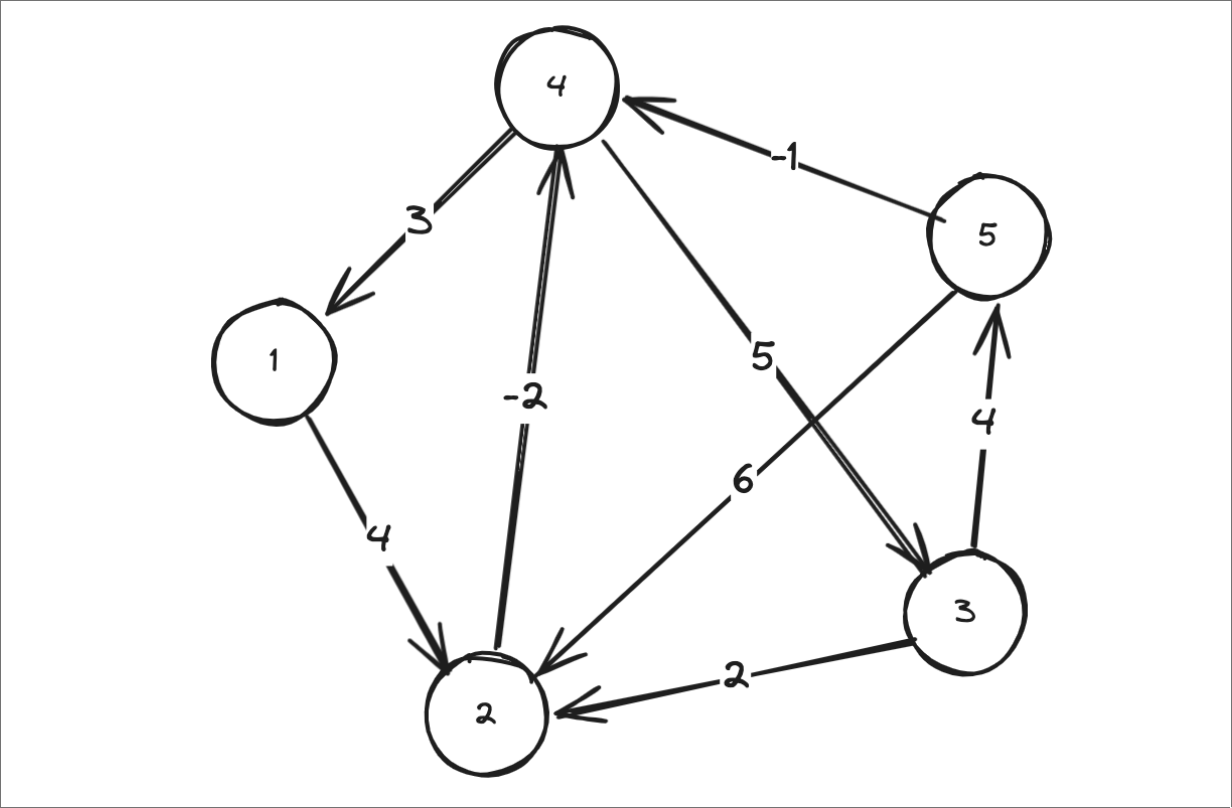Coin Collector: Greedy Choice
- What are some greedy choices we could make?
Coin Collector
- Picking the largest/smallest coin available!
- But what does available mean?
Coin Collector: Code
- Now provide the algorithm for this question!
Coin Collector: Code
def withdraw_amount(C):
p = [1]
for c, i in enumerate(C[1:-1]):
if sum(p) + c < C[i]:
p.append(c)
p.append(C[-1])
return p
Coin Collector: Greedy Property
- Proving the greedy choice property
Frogger: Problem Statement

Frankie loves to sit on the stone with the most sun in the lake.
But the sun moves around throughout the day!
Frankie wants to know if she is strong enough to jump from stone to stone, such that she can reach any stone in the lake!
Frogger: Problem Statement
- Given
Frogger: Associations
- What algorithms may prove useful here?
Frogger: Floyd Warshall
- How does this algorithm help with our problem?
Frogger: Modifying Floyd Warshall
def floyd_warshall(W, n):
D = [None] * (n + 1)
D[0] = W
for k in range(1, n + 1):
D[k] = [[0] * n] * n # n x n
for i in range(1, n + 1):
for j in range(1, n + 1):
D[k][i][j] = min(
D[k - 1][i][j],
D[k - 1][i][k] + D[k - 1][k][j]
)
Frogger: Modifying Floyd Warshall
def floyd_warshall(W, n):
D = [None] * (n + 1)
D[0] = W
for k in range(1, n + 1):
D[k] = [[0] * n] * n # n x n
for i in range(1, n + 1):
for j in range(1, n + 1):
D[k][i][j] = min(
D[k - 1][i][j],
max(D[k - 1][i][k], D[k - 1][k][j])
)
return max(D)
Frogger: Run Through
